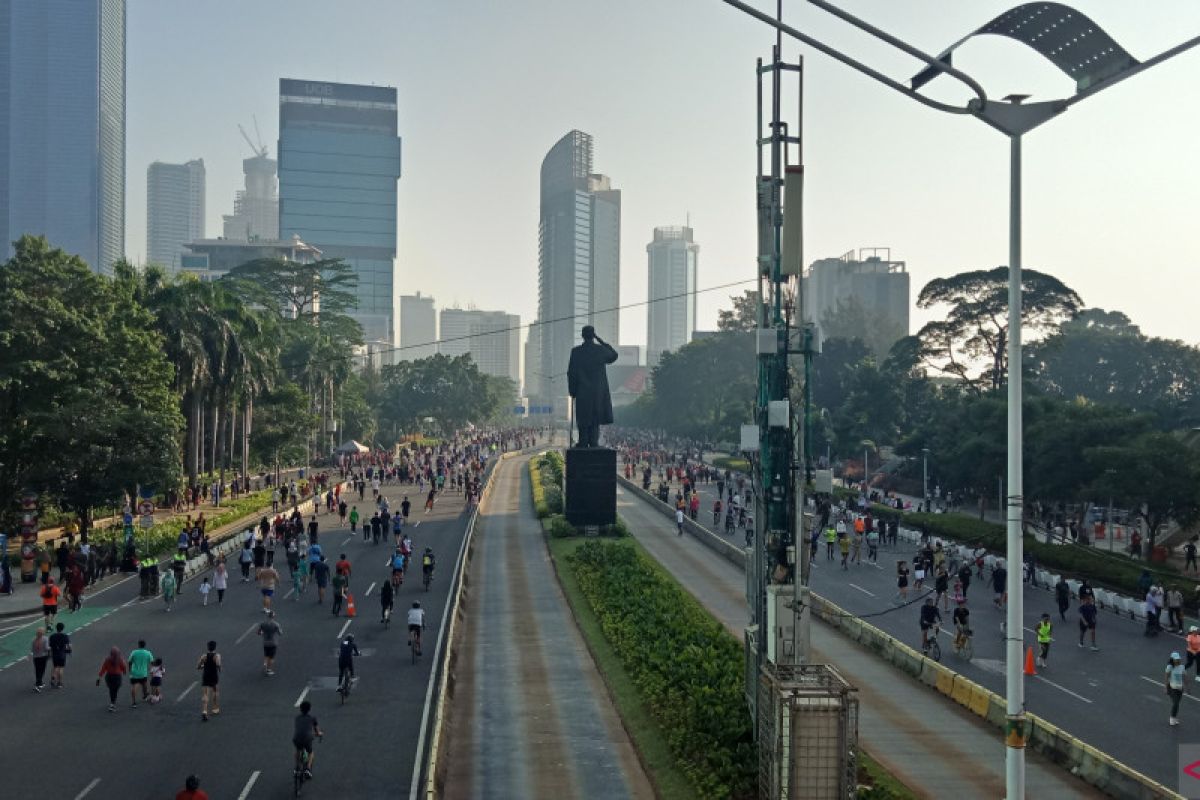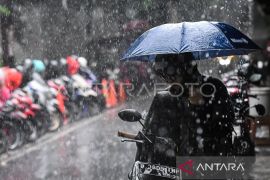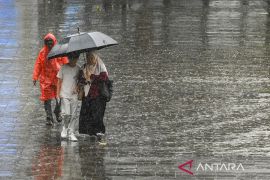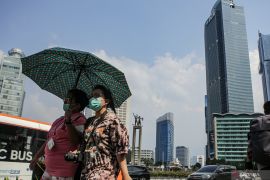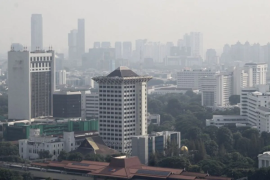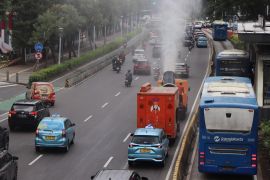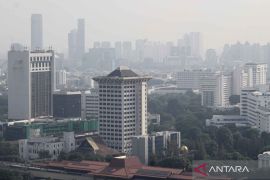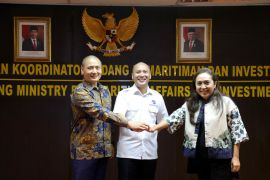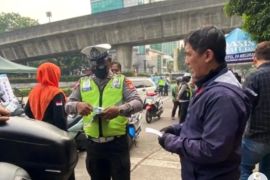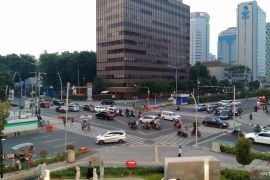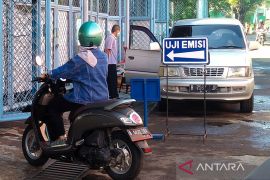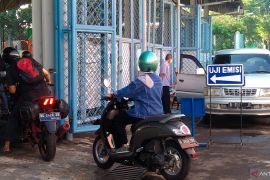"The Jakarta Provincial Government should focus on limiting private vehicles, both fossil-fueled cars and motorcycles, or (switching to) electric vehicles without exception," he explained.
Such restrictions can be done by expanding the odd-even license plate policy, the progressive electronic parking policy or hourly parking rates becoming more expensive closer to the city center, and traffic control with electronic road pricing (ERP).
"With ERP, people will be forced to think rationally and choose public transportation modes," he said, adding that fewer private vehicles can reduce noise and air pollution.
According to him, the integration of reliable and affordable transportation is also important in encouraging the public to switch to public transport.
In this case, he said, the integration is per fleet or systemically carried out among MRT, TransJakarta, and LRT, as well as connected to stations, bus stops, and terminals.
"Then, improve the spatial layout of settlements near stations/bus stops/mass transportation terminals so that employees can become local residents because the settlements are liveable," he said.
He continued, if workers live in settlements around the public transportation stations, it will reduce road traffic.
In addition, he suggested ending coal power plants and starting using new renewable energy sources, in order to reduce pollution due to excessive industrial combustion that is harmful to the environment.
"I agree with the idea that it is still mandatory to wear masks in public spaces for the safety and health of everyone," he said.
The largest source of pollutants in Jakarta came from the industrial and transportation sectors, according to Head of the Jakarta Environmental Office Asep Kuswanto.
Related news: Jakarta to increase urban green spaces in fight against pollution
Related news: Jakarta optimizes health services to reduce pollution-related diseases
Translator: Redemptus S, Kenzu
Editor: Rahmad Nasution
Copyright © ANTARA 2023
